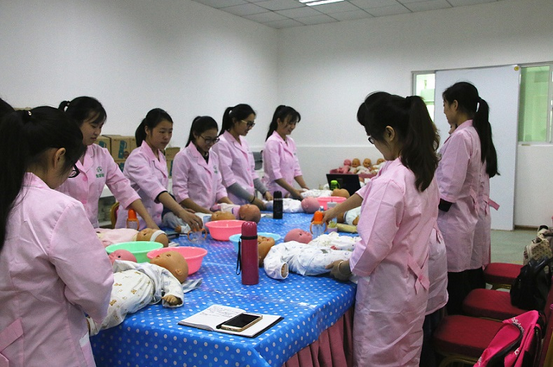When a child’s pituitary gland is underdeveloped, various symptoms may appear, including a flat forehead, slow intellectual development, and hindered physical growth. Parents should take note of these signs and seek appropriate treatment early.
Brain development issues can sometimes be identified through appearance. For example, affected children often have a flat forehead, which could be a signal of poor brain development. Additionally, they may exhibit a flattened nasal bridge, wide nasal wings, a somewhat expressionless facial expression, and a lack of vitality. Observing their eyes, there is a wide gap and upward slant at the corners. Children often have their mouths slightly open, and when their tongues are visible, they appear large with cracks. Some children may also have short limbs, short and thick fingers, or slight deformities, along with rare cases of genital development issues.
Delayed intellectual development is another prominent feature. These children typically show lower results in intelligence tests, accompanied by delays in auditory comprehension, language expression, and responsiveness. Insensitivity to sound, slow processing of external information, and speech disorders are all manifestations of poor brain development.
Other aspects of physical development may also be affected, such as slow growth rate, small stature, poor vision and hearing, susceptibility to eye deformities, etc. Dental development issues are common as well, with loose teeth, cavities, susceptibility to dental diseases, and easy damage.
In daily behavior, these children may exhibit distractibility, slow behavioral responses, weak memory, difficulty in recognizing people, etc. Their behavioral patterns tend to be quiet, lacking the usual curiosity and liveliness of children, showing insufficient proactive exploration of their surroundings, sometimes excessive emotional expressions, and in severe cases, incontinence, loss of speech, or even seizures.
However, even in the face of poor brain development, there is no need to despair. Through later treatments, proper care, and supplementing necessary nutrients, the developmental status of many children can be improved.


